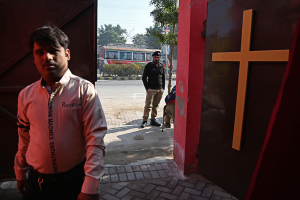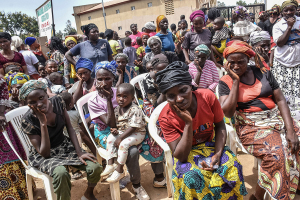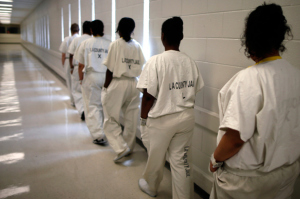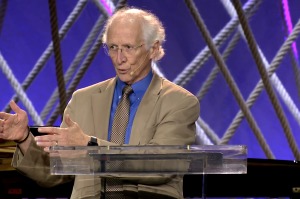Ravi Zacharias says 'God’s strength will carry me through' in first interview since cancer diagnosis
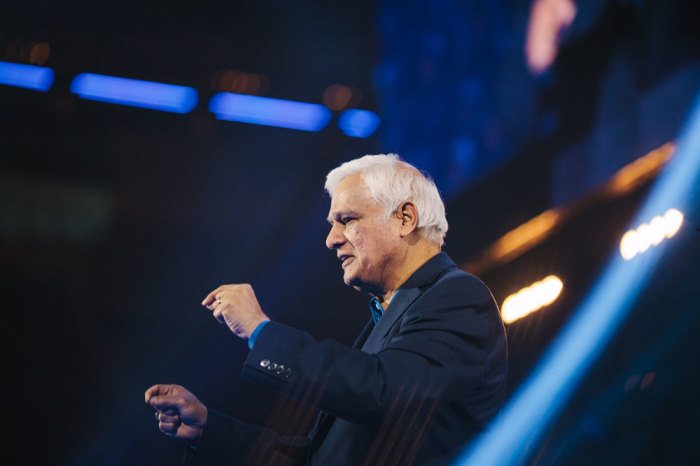
Christian apologist Ravi Zacharias has opened up about his cancer diagnosis, revealing that while he is experiencing severe pain, he believes that with the "prayers of the people and God's strength" he will recover and reenter the ministry “full-time.”
“It was a shock,” the 73-year-old head of Ravi Zacharias International Ministries told radio host Ben Shapiro of the diagnosis. “I had gone in for back surgery repairing some stuff that had been done some years ago and they discovered what [doctors] called something ’atypical’ and it turned out to be a tumor, sarcoma, and I’ll begin the treatment in a little while.”
According to Zacharias, the “biggest challenge” has been the physical pain he’s endured over the last few months.
“I’ve never felt such pain in my life,” he shared. “It’s night pain they call it; it’s the pressure ... from the tumor. We’ll get through it and I’ll get back on the road full-time hopefully by June or July.”
Zacharias first announced he’d been diagnosed with a rare form of bone cancer in a March 12 Facebook post. The cancer diagnosis came just three weeks after he underwent back surgery.
"We are trusting the Lord in this, and we believe we have already seen evidence of His hand. For example, the tumor did not show up on any previous scans and was only discovered by my surgeon identifying it during surgery," he said at the time.
Zacharias’ interview with Shapiro, host of the Ben Shapiro Show, marks the first time since the social media announcement that he’s spoken publicly about his cancer diagnosis.
“I value your prayers,” he told the talk show host. “I still have a journey ahead of me, but I know the prayers of people and God’s strength will carry me through.”
The apologist also addressed how Christians should be responding to the novel coronavirus, which has affected over 353,900 people worldwide and caused over 15,000 deaths.
In addition to causing a global public health crisis, the virus, which originated in Wuhan, China, has led to economic turmoil. States across the U.S. have shuttered schools, restaurants, bars, clubs, and transit systems in efforts to halt the spread of the virus.
“Part of the difficulty is, when we know so little about this, people are not even willing to take ownership of where it started, how it started," Zacharias said. "Globalization is a reality in every sense of the term now, even a disease like this can be made global so quickly because of the way we travel."
“We have to combine our faith and trust in God with wisdom and common sense. Trust in God doesn’t mean you’re careless in what you do. You have to protect your children, you have to protect your family, and if the elderly are the most vulnerable, they’re the ones we need to protect.”
Zacharias urged Americans to avoid falling into the “extremes” of panic and fear or “complete indifference.”
“In America, we get so used to comfort ... that when we find something is out of our control, it’s very daunting,” he said, commending the U.S. government for “taking the lead” in helping Americans “navigate” the virus.
“Be sober-minded about it, don’t be cavalier about it, and make sure that at all times, your life and your relationship with God and with your family is strong. That’s what’s going to matter at the end of it all,” he advised.
The apologist also weighed in on the purpose of prayer in difficult situations, explaining that many people view prayer like a “slot machine” — “put the right coin in and you get the right product out.”
“That’s not what prayer really is. Prayer to start with is communion with God,” he said. “Immediately you recognize you are not sovereign over the affairs of men. It is God who is sovereign. Prayer is not so much bringing God to our beck and call, to align God with what we want, as much as it is the process with which our hearts get conditioned to receive His will and come into alignment with what it is that He has for us."
"Prayer is really not a control of God as much as it is a surrender to the will of God and the peace that comes in the process. Those who are materialistic and mock this whole thing do not understand what communion with God is really about.”
Surrendering to fatalism and saying, “what will be will be” in the face of tragedy is “not a legitimate option," Zacharias said.
“Surrender to the will of God, walk in the will of God, and have the peace of God and know that He changes your heart to align with His will. The imperative in all of this, then, is it helps us to become better citizens and better people and community to understand and help those who are going through a tough time.”
















